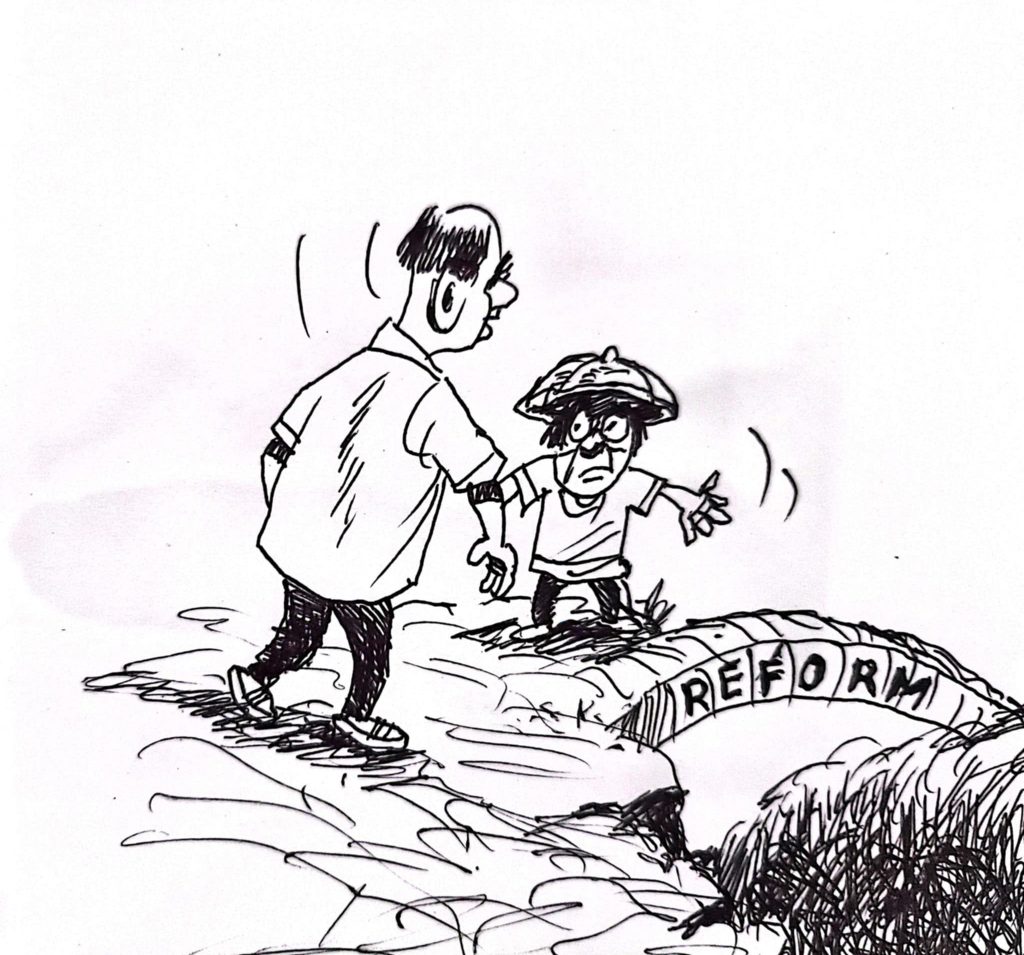The recent clamor from various sectors regarding their contributions to PhilHealth, SSS, and GSIS is a serious indictment of their management and governance. This is not merely a matter of financial security; it strikes at the very heart of the social contract between the government and its citizens.
The root of the problem lies in a combination of factors: mismanagement, corruption, and a lack of transparency. Allegations of misuse of funds, questionable investments, and inadequate accountability mechanisms have fueled public skepticism. This is not simply a matter of individual malfeasance; it points to systemic weaknesses in oversight and regulation.
Restoring trust requires a fundamental shift in how these institutions are governed, prioritizing transparency and accountability at every level. A truly independent oversight body, empowered to investigate and prosecute wrongdoing, is necessary. Without such a body, the cycle of mismanagement and distrust will continue.
The proposed solution is not simply to increase penalties or tighten existing regulations. While these measures are necessary, they are insufficient without addressing the underlying cultural issues that enable corruption. A robust culture of ethics and transparency must be fostered within these institutions, starting with leadership. This requires a commitment to meritocracy, appointing individuals based on their competence and integrity, not political connections or personal gain. Furthermore, the systems themselves need to be modernized, streamlining processes and making them more efficient and less susceptible to manipulation.
The long-term implications of this crisis of confidence are far-reaching. If the public loses faith in these systems, participation will decline, jeopardizing the financial stability of the programs and leaving millions vulnerable in their old age or times of illness. This, in turn, will place an even greater burden on the government and society as a whole. The cost of inaction far outweighs the cost of comprehensive reform.
Ultimately, restoring trust in PhilHealth, SSS, and GSIS demands a commitment to transparency, accountability, and good governance. It requires a cultural shift that prioritizes ethics and integrity over self-interest. And it requires a willingness to invest in the modernization and strengthening of these institutions. Only then can we rebuild the social contract and ensure the long-term viability of these crucial programs for the benefit of all Filipinos.




